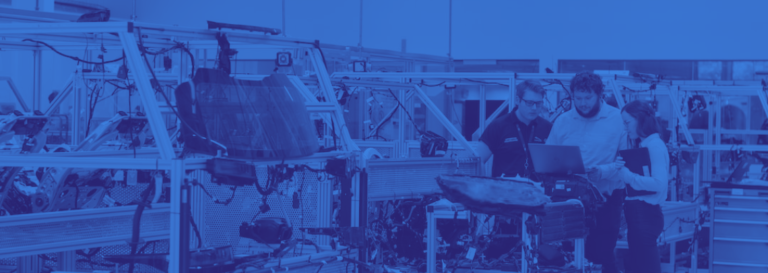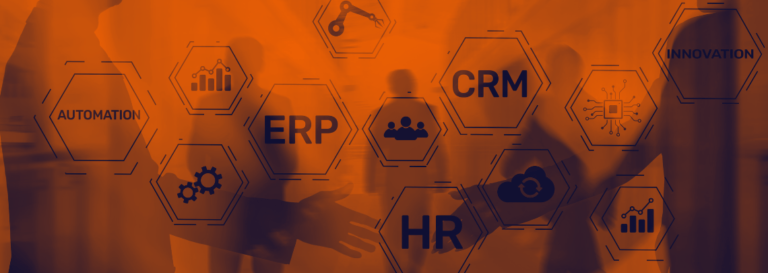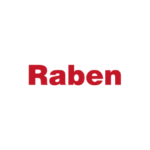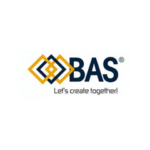Every day, when we use an ATM instead of a cashier at the bank or when we check in at the airport by ourselves using an automated booth, we witness how technology is replacing human labour. As artificial intelligence becomes part of our daily lives, we all think about one thing – how the job market and the tasks we fill will evolve. While the changes that took place earlier in the industrial revolution were about the mechanisation of production and primarily involved replacing physical human labour with much more efficient machine labour, the key for the digital revolution is the replacement of mental labour with software.
One of the most significant and rapidly growing areas in today’s business world is the automation of HR processes, involving the use of advanced technologies such as artificial intelligence, data analytics and robotics to optimise workforce operations. As technology shapes the new reality, HR faces unique challenges and opportunities. Focusing on the use of automation and other advanced technologies is key to ensuring efficiency, service effectiveness and savings in HR management. The implementation of robotic process automation (RPA) can help, among other things, provide a better service to employees and managers, ensure HR processes comply with standards and regulations, and increase efficiency and improve HR productivity.
Automation as the answer to work fatigue
Research conducted in August 2022 on 5,000 full-time employees in the UK, France, Germany and the Netherlands found that repetitive tasks affect the overall mood of respondents, with as many as 48% of respondents in the UK claiming that these types of tasks are even detrimental to their mental health. The majority of people cite negative feelings associated with having to perform repetitive tasks; these duties make employees feel bored (39%), unstimulating (35%) and unproductive (25%). When asked what would make them happier in their current positions, as many as 36% would like a more creative workplace and 35% would like to engage in tasks that make greater use of their competencies. Clerical work, reporting and invoicing are all cited as examples of repetitive tasks in the workplace. 91% of respondents believe it is automation that can improve their productivity, and 71% agreed that incorporating automation into their organisation would help attract and retain talent.
One of the key aspects of automating HR processes is to increase operational efficiency. Through automation, document management, the recruitment process, employee assessment and many other areas can be streamlined. This allows HR staff to focus on the long term, which could be developing staff development strategies or managing organisational culture. In addition, automation eliminates human error, which is crucial in areas related to administration such as time and attendance billing or employee benefits management.
HR automation building a positive Employee Experience
The automation of HR processes also has a positive impact on the employee experience. Thanks to automated systems, employees have easier access to their data, can submit holiday requests or obtain information on, for example, working time (including overtime balances) and remuneration (payslips or tax declarations). This increases transparency and improves nternal communication within the organisation, which translates into employee satisfaction. In addition, automation enables the personalisation of the employee experience by tailoring training offers or development plans to the individual needs and aspirations of employees. It is also important to remember that automation generates huge amounts of data that can be a valuable resource for organisations. With advanced tools, it is possible to analyse trends related to employee turnover, team performance or the effectiveness of training programmes. This data allows to make better-informed personnel management decisions. For example, data analysis can help identify areas that require more detailed training or salary adjustments to retain key employees. Automation systems also help identify potential leaders in an organisation and succession planning and enable personalised career paths for employees, which can increase retention and engagement.
Risk reduction in the automation of HR processes
Despite its many benefits, the automation of HR processes brings with it some challenges and risks. One of the main challenges is the need to balance automation with the purely human aspect of personnel management. The risks associated with HR automation also include issues such as data security or the correctness of the algorithms used. A key role is played by an experienced IT implementation partner, whose role can be critical to achieving the project’s objectives.
So what should you expect from the right IT partner? First and foremost, an understanding of the needs, both of the organisation as a whole and of the HR department. It is worthwhile for the IT partner to not only have a thorough understanding of the company’s unique requirements and goals, but also to be able to translate them into specific technology solutions. Only then will it be possible to successfully implement a system that not only streamlines HR processes, but also integrates with the rest of the company’s systems to create a consistent and efficient working environment. Furthermore, the IT company should be flexible and ready to adapt to the changing needs of the organisation and offer technical support and system maintenance at the highest level, ensuring the continuity of key HR processes. As a result, the right IT partner will not only become a technology solution provider, but also a strategic ally, supporting the growth and success of the organisation.
Błażej Migoń, expert in HR solutions, eq system sp. z o.o.
Do you have any comments or questions? Get in touch with Błazej Migoń on LinkedIn.



































